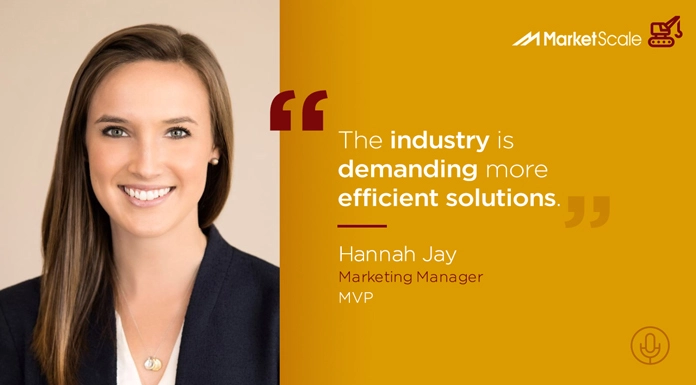3D Printing Brings Scaleability to Thermosets
Car doors, boats, pools, aerospace equipment…What do all of these products have in common?—They’re all made of thermosets. However, both thermoset products and thermoset tools were often limited in their production speed and efficiency due to their manufacturing method.
On today’s Engineering & Construction Podcast we explored thermosets, what they are, how they are made, modern-day uses, and the manufacturing process. Joining us on the podcast to unpack the industry of thermosets are Magnum Venus Products experts Mike Kastura, Senior Product Manager, and Hannah Jay, Jr. Marketing Manager.
 Thermosets, thermoplastics? What is the difference? Mike and Hannah carefully explain the crucial difference between the composites, and why thermosets make a stronger, more durable product. But, thermosets have lagged behind thermoplastics in their ability to be scaled up in production. This is where Magnum Venus Products has upset the status quo and created something the industry didn’t even know it needed.
Thermosets, thermoplastics? What is the difference? Mike and Hannah carefully explain the crucial difference between the composites, and why thermosets make a stronger, more durable product. But, thermosets have lagged behind thermoplastics in their ability to be scaled up in production. This is where Magnum Venus Products has upset the status quo and created something the industry didn’t even know it needed.
“We as consumers don’t know what we want,” Kastura said, quoting the famous Henry Ford—“‘If I had asked people what they wanted, they would have said faster horses.’”
Having a way to efficiently and economically produce thermosets can be incredibly useful to a variety of industries. And, as Jay chimed in, there is “substantial energy savings in thermoset processing.”
Magnum Venus Products is changing the narrative of the benefits of thermosets vs additive manufacturing by bring Reactive Additive Manufacturing to life, which will finally allow for the 3D printing of thermoset materials.
“Industry is demanding more efficient solutions,” Jay said. On this podcast we discovered how Magnum Venus Products is leading innovation and altering expectations in the field of temperature tolerant compounds.
For the latest news, videos, and podcasts in the Engineering & Construction Industry, be sure to subscribe to our industry publication.
Follow us on social media for the latest updates in B2B!
Twitter – @AECMKSL
Facebook – facebook.com/marketscale
LinkedIn – linkedin.com/company/marketscale








